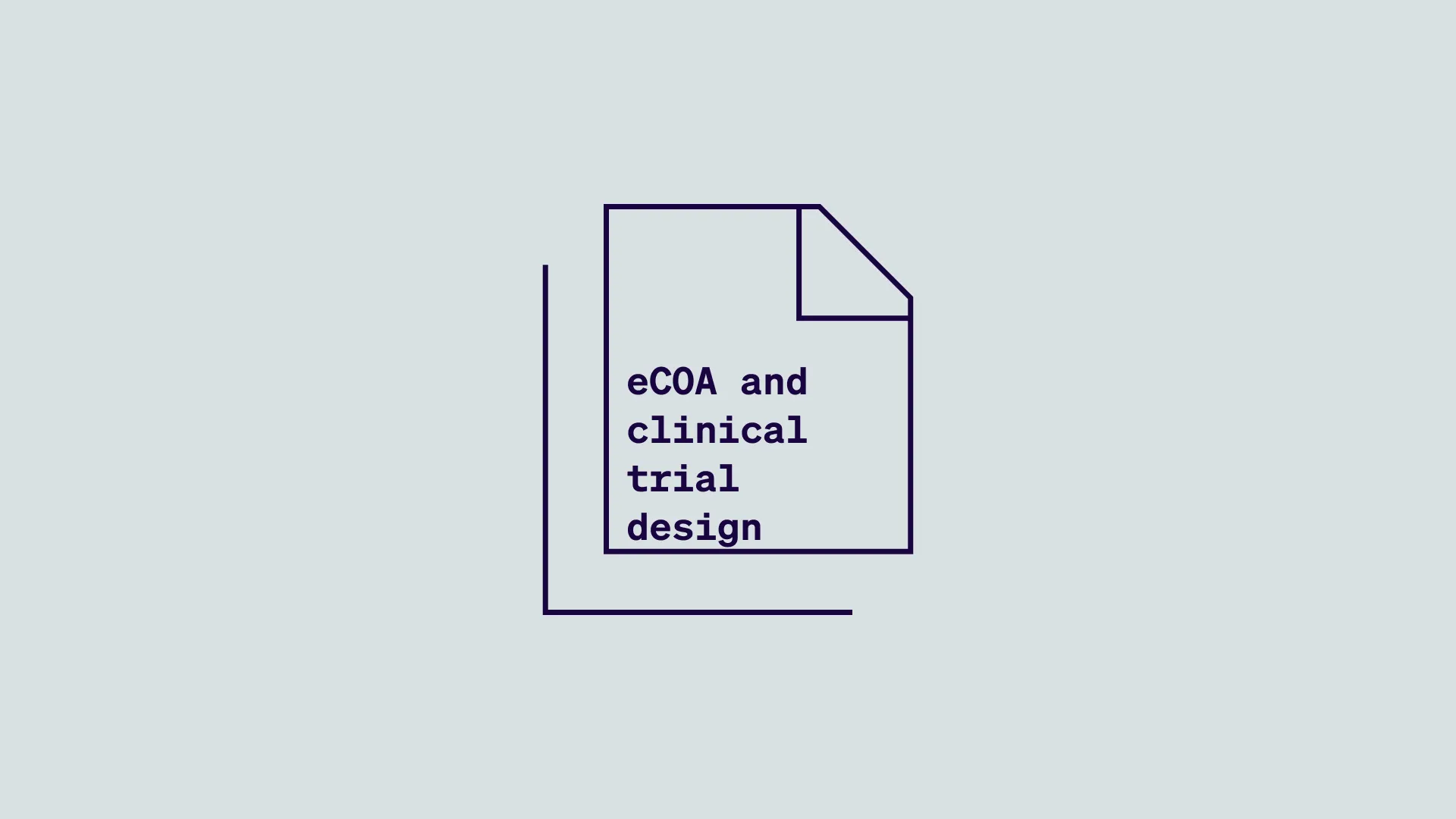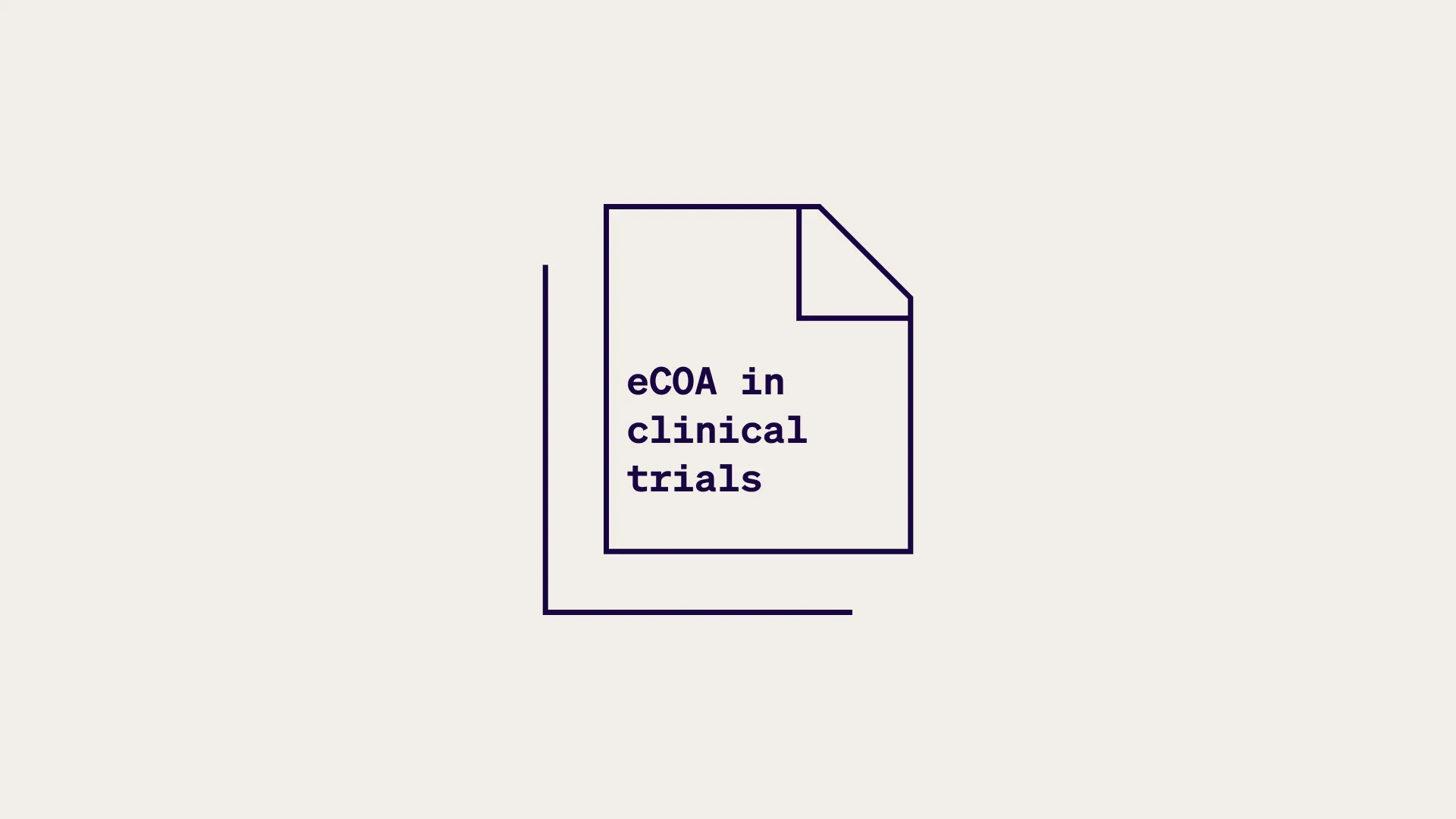Clinical trial platform


Build vs buy: A guide on adopting AI agents for life sciences
“Big corporations can’t rely on their internal speed to match the transformation that is happening in the world. As soon as I know a competitor has decided to build something itself, I know it has lost.”
These candid sentences from Sanofi CEO, showcase one of the most common questions that’s at the forefront of every pharmaceutical company’s mind; whether to build or buy your way into the agentic and generative AI revolutions.
In life sciences, many teams start with the same instinct. They see a capable large language model, stand up a proof of concept, and feel close to a breakthrough. For most of us, AI prototypes can look magical. A chatbot summarizes visit reports, drafts emails, or answers protocol questions in minutes. The experience is so strong that teams assume production is a short step away.
Unfortunately, the gap is much bigger than it looks.
According to a recent MIT study, 95% of AI pilots will fail, as they note that “Only 5% of custom GenAI tools survive the pilot-to-production cliff, while generic chatbots hit 83% adoption for trivial tasks but stall the moment workflows demand context and customization.”
Like MIT’s example shows, moving from prototype to production in clinical research means building something validated, compliant, scalable, and integrated into real workflows. That takes far more than clever prompts. It requires domain grounding, continuous monitoring, retraining loops, robust tool orchestration, and evidence that the system is safe and auditable under regulations like GxP, HIPAA, and 21 CFR Part 11.
Many organizations only discover the hidden costs after they have committed. Internal teams often invest for two years, spend millions in sunk cost, and still never reach a dependable clinical grade system. The illusion comes from how easy it is to get an early demo working, and how hard it is to make that demo survive contact with trial reality.


Driving a high-adherence LTFU trial without an EDC
Learn how Medable is powering a decade-long, global long-term follow-up (LTFU) obesity study, achieving an impressive 97% patient retention rate without using a traditional EDC system all while delivering a compliant, scalable, and cost-efficient solution.


Transforming clinical trials: The impact of eCOA on trial design
Discover how electronic Clinical Outcome Assessments (eCOA) are revolutionizing clinical trial design. This post explores how digital tools enhance patient engagement, improve data accuracy, and drive the shift toward decentralized clinical trials. Dive in to see why integrating eCOA is essential for modern, efficient clinical research.


Leveraging eCOA to improve patient adherence in clinical trials
Discover how advanced eCOA platforms improve patient adherence, ensuring reliable data and faster trial completion. Explore real-world successes, including adherence rates exceeding 90% in diabetes and oncology studies, powered by Medable’s eCOA (electronic clinical outcomes assessment) solutions.


Enhancing clinical trial efficiency with eCOA software
eCOA solutions streamline clinical trials by digitizing data collection, improving accuracy, and enhancing patient experiences. Explore how real-time monitoring, automation, and integration are revolutionizing modern trials while addressing regulatory needs.


SaaS’ advancements unlock new possibilities in clinical research
The rise of SaaS has transformed industries, including life sciences, by enabling new possibilities. For instance, Salesforce revolutionized how organizations managed their customers and future clients with its cloud-based software, enhancing accessibility and collaboration. Similarly, Canva made graphic design tools accessible to all, empowering professionals and casual users alike.


How platforms solved clinical trials’ disparate data problem across eCOA, eConsent, and more
Our world is drowning in data.
Humanity generates a staggering 402.74 million terabytes of information every day. From the countless videos we stream to the endless social media scrolling, our global digital footprint is growing exponentially. This data deluge is reshaping industries, influencing our lives, and posing unprecedented challenges.
Within clinical trials, rapidly evolving technologies are enabling researchers to capture new data points as trials grow more complex. However, this poses new challenges in managing clinical trial data.


Explore Medable Studio
A decade ago, our founders’ experiences in clinical research and life sciences drove them to create Medable, a simple cloud-based platform that could improve theconduct of trials. Over the last ten years, we’ve conducted nearly 400 trials on our platform, continually refining it to provide a better experience for sites, patients, and caregivers.Today, we’re excited to announce that our customers are entering a new era of control, ease of use, and simplicity.


Control and transparency: Solving sponsors’ key challenges in eCOA development and study launch with Studio
There’s no doubt that study launches come with extremely high stakes for sponsors requiring precise coordination over numerous critical activities across multiple stakeholders, including regulatory bodies, ethics committees, investigator sites, and internal teams. Now, sponsors can see exactly what’s happening live across assessments, instruments, translations, and more. This is true whether their internal teams handle launch activities or whether vendors handle them, a stark contrast to the traditional technology development process.


What is SaaS, and how are life science companies using it today?
In today's digital age, Software as a Service (SaaS) has emerged as a cornerstone of cloud computing, transforming how businesses and individuals access and utilize software applications.
This cloud-based software deployment model has become increasingly popular due to its accessibility, cost-effectiveness, and scalability. Now, SaaS is making significant inroads in the pharmaceutical and life sciences industries, offering solutions to longstanding challenges and driving innovation.


Global Clinical Trials: Technology & Innovation webcast series
Learn how top pharma are using novel innovations to drive greater speed, scale, and access in clinical research than ever before in this webinar hosted by Musaddiq Khan, Vice President of DCT Solutions at Medable.


Technology overload: Addressing site challenges in clinical research
In the early 2000s, a new era of clinical research began – the digital era. As large sponsors and CROs like IQVIA andGlaxo Smith Kline began implementing electronic data capture (EDC) systems into their trials, clinical trial sites experienced the first major digital disruption in how they conducted clinical research. Fast forward totoday, and this cycle of disruption not only continues, it’s shortened.
As a recent article by BusinessInsider states, “it took 30 years forelectricity to be adopted by 10% ofUS consumers. It took 25 years for the telephone to achieve the same penetration. Tablets achieved thisreach in just five years – and they’re not even our primary devices." This shortened cycle of mass adoption has brought smartphones,smartwatches, tablets, and moreto trials, as well as new software and portal applications like eCOA and eConsent. However, it’s been reported that too much technology is commonplace and it quickly overwhelms.
In this white paper, we’ll examine best practices in ensuring sites are adequately prepared and supported for new trial technologies,derived from the experiences of key individuals with direct experience from pharma, technology vendors and importantly from sites themselves.


2024 Predictions: Digital Advancements in eCOA and Clinical Trials
As we look ahead to 2024, the landscape of clinical development is poised for significant advancements in digital and artificial intelligence. As leaders in clinical outcome measurement and innovation, our team at Medable is mission driven to continue to accelerate clinical development timelines with transformation technology.



